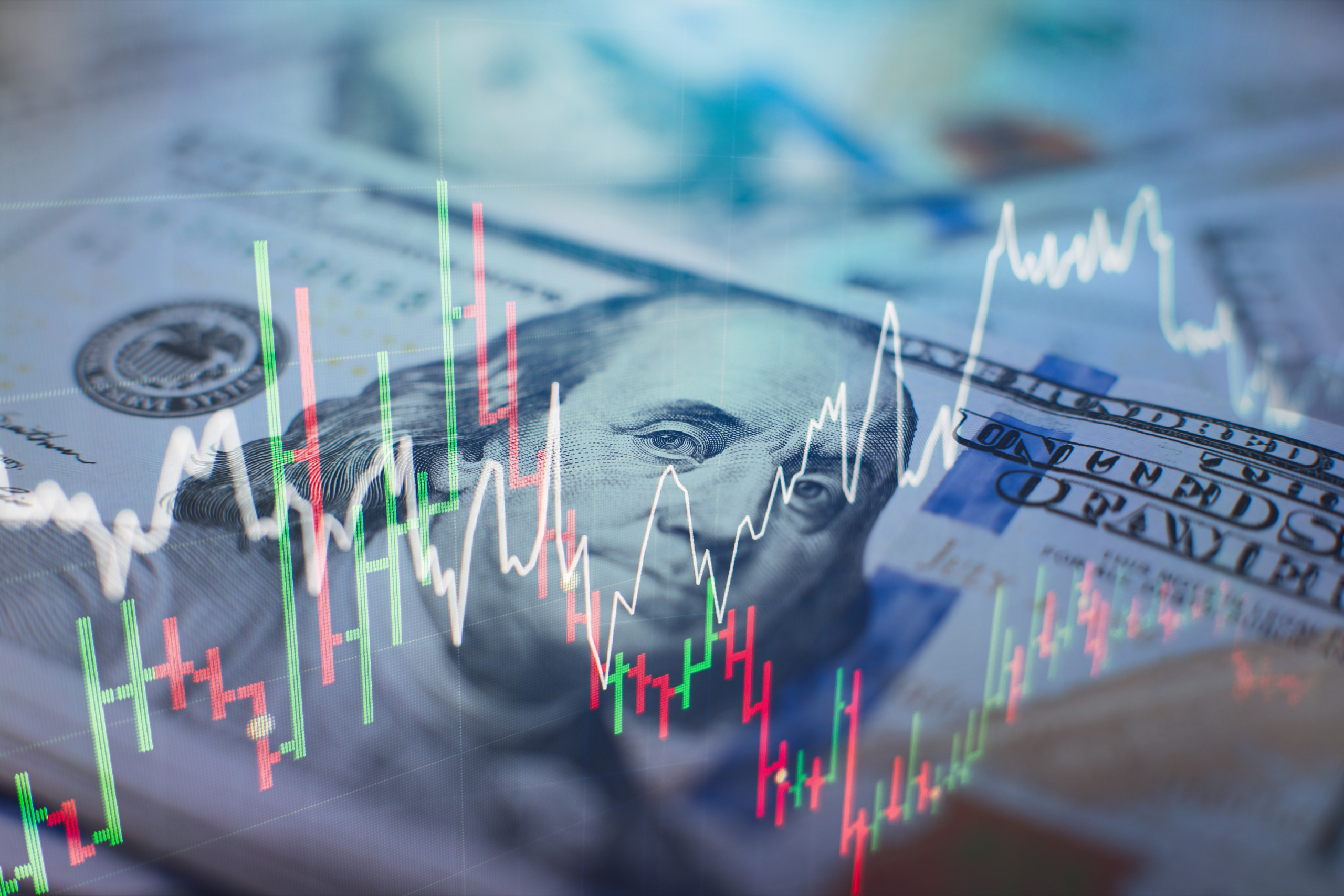Despite a challenging year for consumer spending, Dutch Bros remains on track with its growth strategy. Revenue grew 28% year over year last quarter, with same-shop sales up 2.7%. This is indicative of an offering that is resonating with people and driving repeat purchases similar to other leading beverage chains like Starbucks.
Dutch Bros has consistently posted around 30% or better revenue growth over the last few years. The only reason that explains why the stock is not following that growth is profitability. But here, too, Dutch Bros is performing well for a small restaurant business. Net income jumped 62% year over year to reach $22 million in Q3.
Dutch Bros has tremendous opportunities to keep expanding. It operated just 950 shops in 18 states as of the most recent quarter. The stock bounced sharply following the company's Q3 earnings results, but it's not too late to jump on board. The company's long runway of growth can still support excellent returns over the long term.
It's the dominant e-commerce platform in Latin America, serving an area that has more than 500 million people the way Amazon serves the U.S. People rely on it for many of their purchases in increasing numbers and with increasing engagement. For example, customers who shopped in three or more categories increased 468% between 2019 and 2023, and average quarterly products per buyer increased from 4.4 to 7.1.
It has high rates of next-day and two-day shipping, and as more suppliers join its logistics network, it's benefiting from a flywheel effect of more customers joining, more suppliers joining, and higher revenue. That's creating incredible profitability at scale. Latin America is still underpenetrated in e-commerce, which is why MercadoLibre is both growing at a rapid pace and also still has a long growth runway.
As well as the e-commerce business is performing, MercadoLibre has a fintech business that's growing even faster. What began as a means for underbanked customers to be able to pay for their purchases has ballooned into full financial services app that includes credit cards, digital payments, investing tools, and more. It has developed a strong credit business underscored by its rich data stores, and that's resulting in effective risk management and low costs. It's the top fintech platform in three out of its four top regions in terms of monthly active users, which continue to increase, and as it adds customers to its ecosystem, it benefits from the lower churn, higher engagement, and lower credit risk that systematic users create.
The company continues to improve its business and develop new segments and services, such as a growing ad business and an e-commerce membership program, both like Amazon.
As impressive as it already is, MercadoLibre has massive long-term opportunities, it's likely to keep crushing the market over the next five years and longer.
Jeremy Bowman (Sweetgreen): Not every restaurant stock is the next Chipotle Mexican Grill, but Sweetgreen is one of the more intriguing restaurant stocks to come on the market in recent years.
The company is the largest fast-casual salad chain in the country, providing a unique take on the fast-casual model that has been so successful for peers like Chipotle. Sweetgreen generates average unit volumes of $2.9 million, among the tops in the industry and a clear sign that its product is popular.
In its second quarter, same-store sales jumped 9%, showing momentum for the business, and it has a lot of runway for growth with just over 225 locations currently.
However, the biggest reason why the stock has the potential to crush the S&P 500 by 2030 is its embrace of technology, specifically Infinite Kitchen, its robotic assembly line system that both accelerates throughput and increases the company's average ticket and margins.
It's rolling out the technology to more restaurants, and it could be a game changer over the long term as the company expands across the country with plans to reach 1,000 restaurants by the end of the decade.
With the company's high average unit volumes, Infinite Kitchen could also help drive the bottom line higher, as the company is still unprofitable on a generally accepted accounting principles (GAAP) basis. However, its profitability is improving and if it can accelerate its margins to approach that of more established fast-casual chains, Sweetgreen stock should soar over the remainder of the decade.
Before you buy stock in Dutch Bros, consider this:
The Motley Fool Stock Advisor analyst team just identified what they believe are the 10 best stocks for investors to buy now… and Dutch Bros wasn’t one of them. The 10 stocks that made the cut could produce monster returns in the coming years.
Consider when Nvidia made this list on April 15, 2005... if you invested $1,000 at the time of our recommendation, you’d have $912,352!*
Stock Advisor provides investors with an easy-to-follow blueprint for success, including guidance on building a portfolio, regular updates from analysts, and two new stock picks each month. The Stock Advisor service has more than quadrupled the return of S&P 500 since 2002*.
See the 10 stocks »
*Stock Advisor returns as of November 4, 2024
John Mackey, former CEO of Whole Foods Market, an Amazon subsidiary, is a member of The Motley Fool’s board of directors. Jennifer Saibil has positions in MercadoLibre. Jeremy Bowman has positions in Amazon, Chipotle Mexican Grill, MercadoLibre, and Starbucks. John Ballard has positions in Dutch Bros and MercadoLibre. The Motley Fool has positions in and recommends Amazon, Chipotle Mexican Grill, MercadoLibre, and Starbucks. The Motley Fool recommends Dutch Bros and Sweetgreen and recommends the following options: short December 2024 $54 puts on Chipotle Mexican Grill. The Motley Fool has a disclosure policy.
3 Unstoppable Stocks That Can Crush the S&P 500 by 2030 was originally published by The Motley Fool








